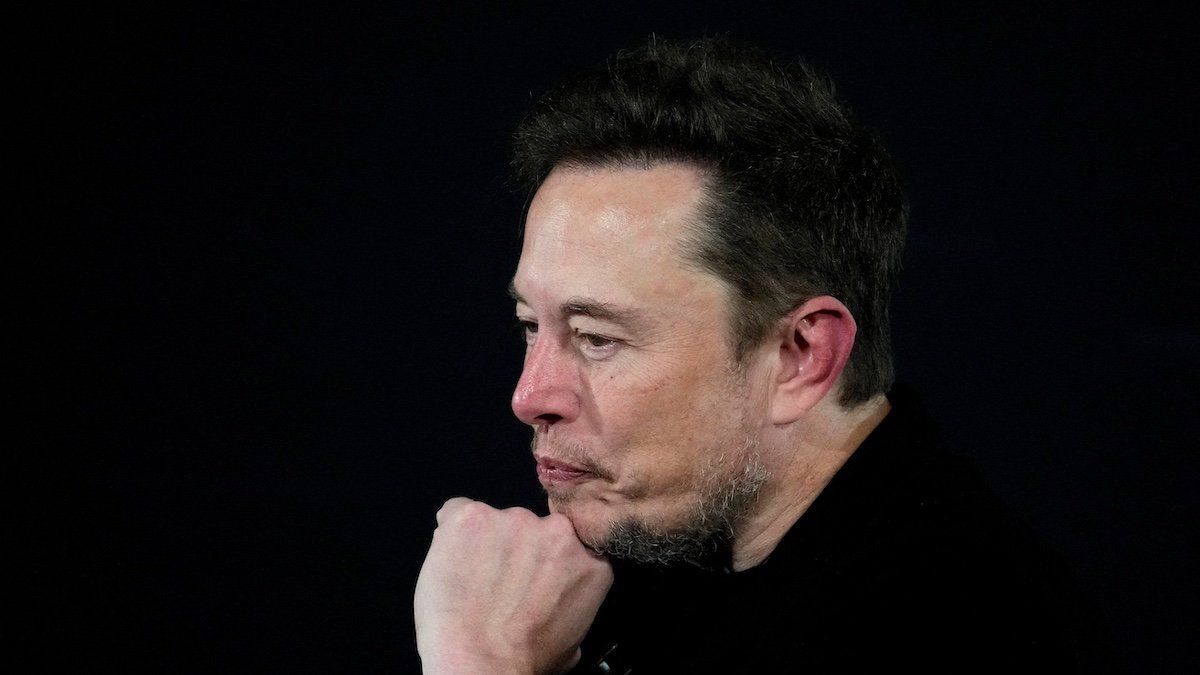Tesla CEO Elon Musk sued OpenAI and its CEO Sam Altman late last week, saying that they breached the terms of a contract by prioritizing their profits over the public good. In 2015, Musk helped found and fund OpenAI, the artificial intelligence research lab-turned-industry leader. He resigned as co-chair of the company’s nonprofit board of directors in 2018, citing conflicts of interest with his own company, Tesla, which was investing heavily in AI.
Now, Musk alleges that OpenAI violated the terms under which he gave money to OpenAI, but no one seems to have written down those terms.
The Verge points out that the complaint hinges on the violation of a “Founding Agreement,” an alleged oral contract that Musk feels was formed in the course of business discussions. If a court finds that a contract was formed – and courts aren’t usually friendly to oral contracts – Musk is requesting that the court compel OpenAI to revert back to its original nonprofit mission, including making research data publicly available, instead of the profit-motivated one that’s turned it into a $80 billion juggernaut.
There’s one other thing that Musk-watchers should keep in mind: Musk currently runs an AI startup of his own, xAI, which has a chatbot called Grok. This means his business directly competes with OpenAI. Is it any wonder he’s resorting to litigation that could take OpenAI down a peg?
